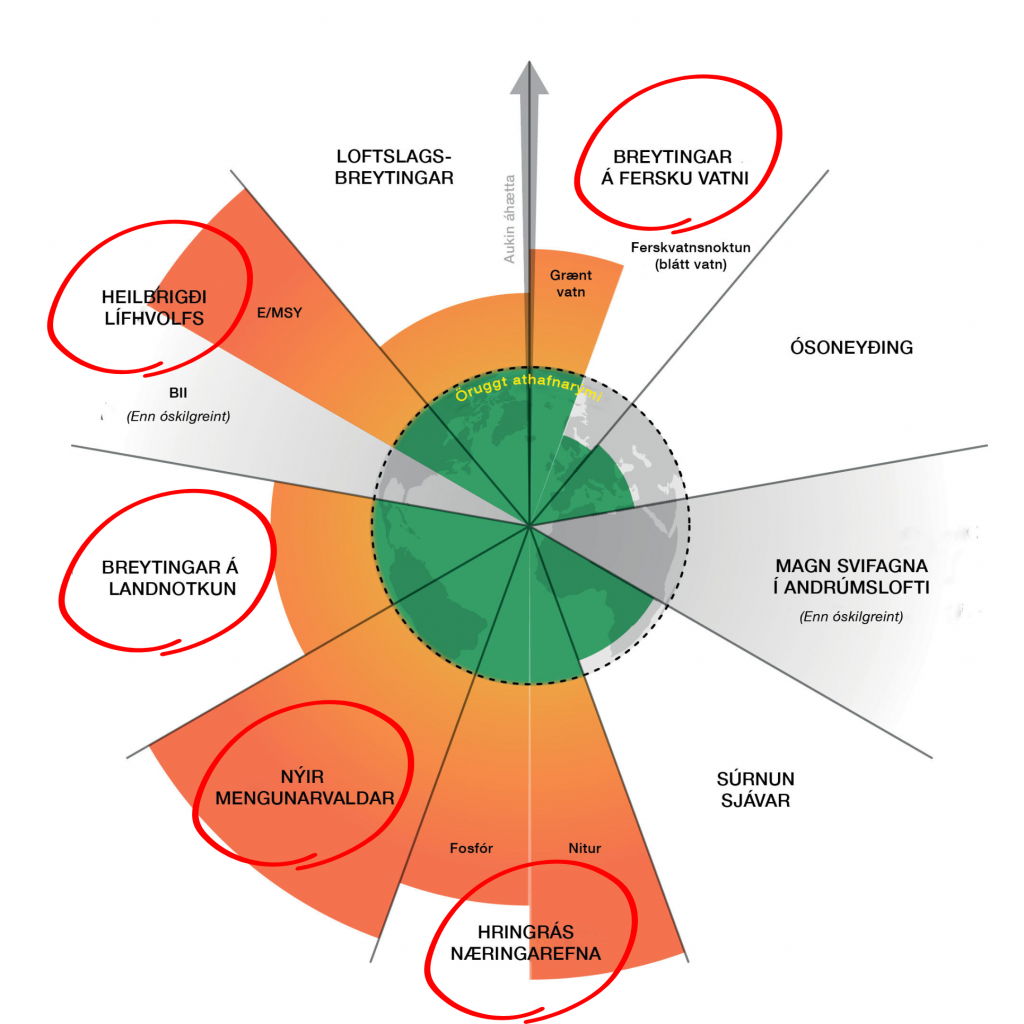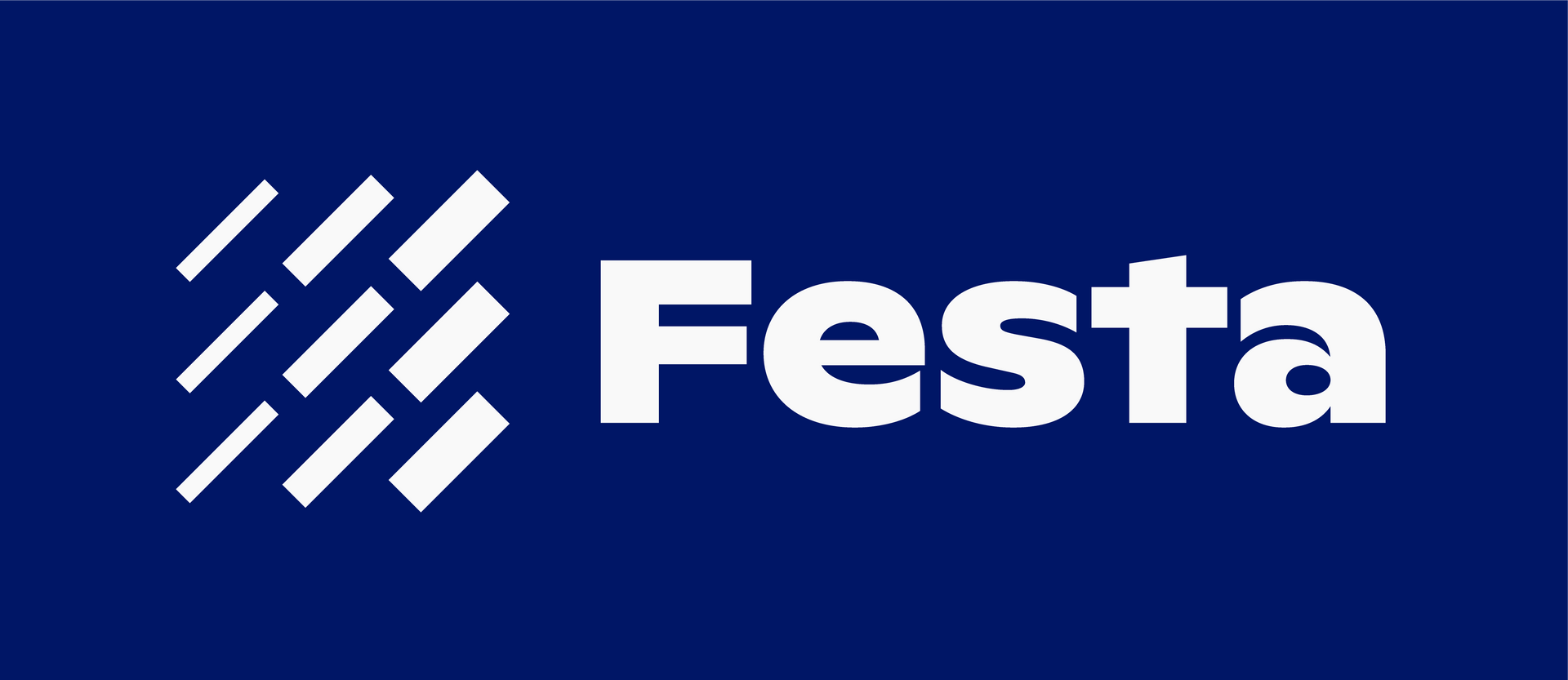Hello! This is the English version of our site, currently under construction. Please excuse any errors or glitches as we work on making things better.
February 16, 2023
A new McKinsey report shows that corporate actions can bring three tolerance levels to a healthy place

What is remarkable about the report, Nature in the balance: What companies can do to restore natural capital, is that in it the authors of the report seek to calculate the impact of the actions of companies on the earth's resources (i.e. natural capital), and the results give hope.
Even though a number of industries have a detrimental effect on the earth's resources, especially agriculture, but also the retail, service and energy sectors, companies can take specific actions, with technologies that already exist, that will not only reverse the trend but have positive impact on the business.
The report is McKinsey's latest study that addresses these topics. The report shows that although the measures are efficient and effective, they need support from other stakeholders, both within the public and private sectors.
New ParagraphWe've exceeded six tolerances, but the actions can reverse three!
The authors of the report rely on the framework of the earth's tolerance limits, which is based on the work of Johan Rockström and his team, the scientist who, among other things, gave a talk at the January conference of Festa 2022. The earth's tolerance limits are nine in number, and we exceeded the sixth limit last year, fresh water consumption. Sævar Helgi Icelandicized the film.

Earth's Nine Endurance Limits. We have crossed six. Sævar Helgi Bragason Icelandicd the film.
The report examines the impact of 47 actions on 5 tolerance levels: biosphere health, land use change, freshwater change, new pollutants and nutrient cycling.
Ozone depletion is not included, because those tolerance levels are on track due to mitigation measures, nor is climate change because it has been studied in detail in other reports.
The other two tolerance limits, ocean acidification and the amount of particulate matter in the atmosphere, are not included because there is insufficient data on them for the purpose of the report.
The study shows that companies can have the effect of reversing trends in three of the tolerance limits, land use changes, changes in fresh water, nutrient cycling and keeping them within tolerance limits. It is then possible to have a positive effect on two of them, a healthy biosphere and new sources of pollution. Although the climate change tolerance limits are not specifically examined, many of the measures have a considerable impact on emissions because the challenges of nature and climate are closely related.
But what are these functions?
The report proposes 47 actions that companies can take, and those who want to dig deep can look at the report itself, on page 47. The twelve most profitable actions are said to yield very high financial profits. These are, for example, new agricultural methods, less food waste and new delivery models that reduce plastic production. Others include mechanical sorting, biodegradable plastics for packaging, biological pest control, agroforestry and more.
Half of the actions, can bring financial benefits today.
The other half involves costs, in the environment we live in today, but that could change due to technological developments. Also if the externalities are taken into account, there is no question as to whether they are profitable. Many people wonder if the business model of the future will take nature pollution into account as a cost.
On page 77 of the report there is a road map for companies that want to take these steps.
Náttúruleg ímynd
Þá eru tekin dæmi um nokkur fyrirtæki sem hafa sett sér eitthvað af þessum markmiðum: Loreal, Walmart og Kering. Það eru nefnilega líka tækifæri í því að skapa sér ímynd sem byggir á jákvæðum áhrifum á auðlindum jarðar. Sífellt fleiri láta aðgerðir sínar ekki aðeins snúa að losun gróðurhúsalofttegunda heldur einnig að öðrum þolmörkum jarðar.
Emissions targets are not enough and we will see an increased focus on protecting other tolerances related to nature. We can contribute to less waste, more efficiency and a better earth through actions that pay off financially. This is possible.
The report can be accessed here.
Ísabella Ósk Másdóttir, miðlunarstjóri Festu, tók saman.




